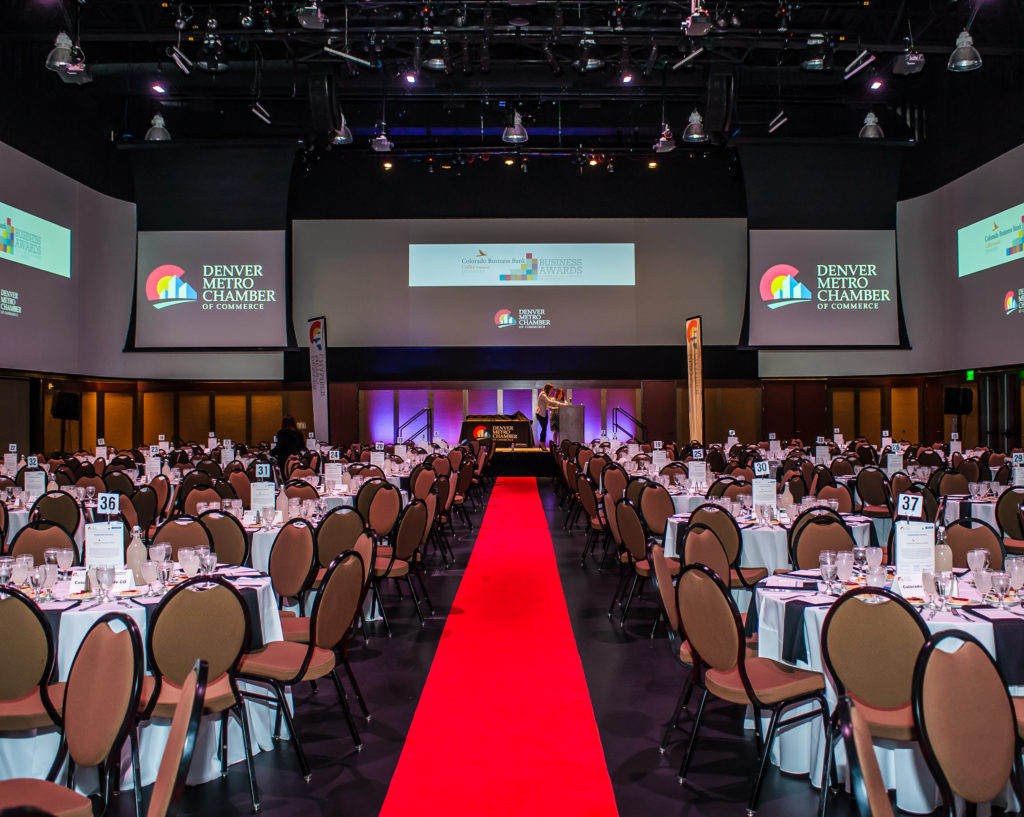
Did you know event planning is consistently ranked one of the top 10 most stressful careers? Right up there with firefighters and airline pilots are event planners, who deal with tight deadlines, small details, customer satisfaction and even possible public scrutiny on a daily basis. Planning an event can, in fact, feel a lot like putting out fires – just hope they’re the metaphorical kind! Despite the sometimes stressful conditions, hosting an event can also be an extremely rewarding and valuable experience for your organization. Whether it’s a nonprofit fundraiser, industry conference or a staff holiday party, keep these do’s and don’ts in mind and try not to let stress get the best of you.
 Do: Utilize mutually beneficial relationships.
Do: Utilize mutually beneficial relationships.
Have you ever started researching caterers and event rental companies, only to discover the cost is adding up to way more than you planned for? Try checking out new restaurants and vendors in your area to see if they would be willing to sponsor or discount your event in exchange for the exposure. They’ll get to showcase their products to a whole new audience and you’ll get a great deal. It’s a win-win situation for everyone involved. Another option to consider is trading services if you’re able to offer your vendor some benefit from your own company.
Don’t: Stress about the little things.
Event planners are very familiar with Murphy’s Law: If something can go wrong, it will. But that doesn’t mean you have to panic. You might be tempted to worry about that little wrinkle in a table cloth or the fact that your speaker was five minutes late, but I promise you, your guests will not notice these things, and the more time you spend preoccupied, the less time you’ll have to focus on other, more important details.
Do: Plan a walk-through.
Practice makes perfect. A pre-event walk-through is a must, no matter what type of event you’re planning. There’s nothing worse than showing up on the day-of and realizing the space has changed since you first saw it six months ago. If your event includes speaking roles and AV, you’ll especially want to run through it first. Treat your event like a performance; you would never go on stage without a dress rehearsal.
Don’t: Try to please everyone.
One of the hardest parts of event planning is trying to anticipate the desires of others. Unless you’ve done a survey of your audience, chances are, you won’t know exactly what everyone wants, and that’s okay. No matter what you do, someone is going to hate the food, and someone is definitely going to complain about parking. The best you can do is make choices that align with your top priorities and hope for the best.
Do: Attend as many other events as you can.
Just like anything else, event planning is an industry and there are ever-changing trends and innovations to keep up with. See what other people and organizations are doing to keep things fresh and creative. Don’t think of it as stealing ideas; this is a common practice to improve your skills by seeing what works well for others.
Don’t: Forget to be flexible.
The key to a successful event and a successful event planner is flexibility. It’s an odd concept that you can spend months planning every last, tiny detail and then also have to immediately change course on the day-of, but that’s the mark of a true professional. If you can stay calm and handle changes with grace, no one will even know there were changes to begin with.
Kathryn Goggin is the events specialist for the Denver Metro Chamber.
This blog was originally posted by Barefoot PR.
